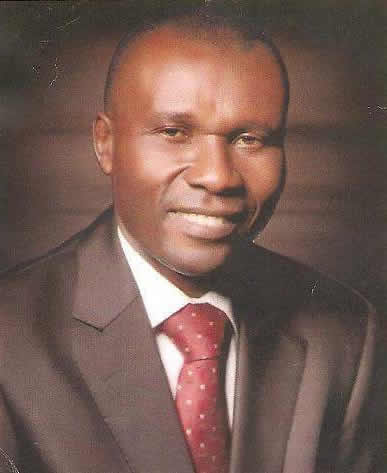
A value-for-money audit carried out on contracts awarded by the Ministry of Niger Delta Affairs has revealed gross non-performance and waste of public funds. Nigeria has not been fair to the Niger Delta region following five decades of exploitation of its oil and gas resources. Its environment has been degraded, manifest in oil spills, gas flaring, hydro-carbon-contaminated water, loss of aquatic life and bad roads. This has earned the country global notoriety.
But what is difficult to imagine is that the negligence also flourished under the administration of Goodluck Jonathan – the highest public office holder ever to emerge from the region. Contracts awarded between 2009 and 2015 – which was part of the five years he was in charge – had only eight per cent impact. A technical Audit Committee set up by the Minister of Niger Delta Affairs, Usani Uguru Usani, to evaluate the activities of the ministry since its inception made this startling revelation last week.
Details of the report showed that N423.1 billion was paid to contractors out of N446.4 billion already certified for payment. The committee, chaired by Yerima Bulama, identified 425 projects for which N700 billion was budgeted in six years. The work spanned electrification, roads, canalisation, land reclamation, shoreline protection, skill acquisition, remediation of oil impact sites spread across Abia, Akwa Ibom, Bayelsa, Cross River, Delta, Edo, Ondo, Imo and Rivers states in the Niger Delta Development Commission belt.
Many of the contracts, according to the report, were awarded without taking cognizance of availability of funds – a brazen violation of the Fiscal Responsibility Act. The panel assessed the capacity of contractors and their commitment, discovering that many of them were deficient.
The MNDA is a tokenism midwifed by the Umaru Yar’Adua administration in 2008, which Jonathan inherited, to appease the region, whose gross under-development has provided an excuse for more than a decade of militancy in the area. The earlier Olusegun Obasanjo administration had set up the NDDC to calm frayed nerves, just as there was Yar’Adua’s Presidential Amnesty Programme.
But instead of these vehicles promoting the development of the area, the region’s elite, who substantially have been contractors for many of the projects, have turned them into conduits for siphoning public funds, becoming emergency billionaires as a result. This has undermined national objectives and communal interest. Interestingly, only people from the Niger Delta have served as ministers of the MNDA, just as they have always staffed and run the corruption-ridden NDDC.
The Bulama-led panel observed, “One which calls for serious scrutiny is the cost of roads. For instance, there is no standard to determine the cost of a kilometre on a two-lane, three-lane or four-lane roads.” Evidence of the ministry’s repetition or conflict of projects with those carried out by the NDDC, Amnesty Programme, state and local governments was rampant. However, this chaotic landscape reveals one thing: the gaping void in a well-structured development plan for the region, aggravated by the exploitation and greed of its political class.
It is a messy affair that calls for soul-searching. The governors’ utilisation of the 13 per cent derivation and the fat allocations from the monthly sharing of the Federal Accounts and Allocation Committee is a long-standing subject of national curiosity. Against this background, it is baffling that most indigenes of the area are indifferent to the national clamour to hold their public office holders to account.
However, some of the youth, whose future is being mortgaged by these abuses, have begun to interrogate the system, amplified by the action of the Ijaw Youth Council, which urged President Muhammadu Buhari early this year to sack the management Ibim Semenitari took over from, as its acting managing director, over alleged corruption. In a statement, the IYC lamented that “institutions run by Niger Deltans to empower the people and develop the region are conduits for stealing money – we are our biggest problems.” Undoubtedly, it is so. A former chairman of the NDDC board allegedly splurged N800 million on fetish engagements.
As of 2014, the agency had 285 abandoned projects, a ruinous canvas that jolted Jonathan into charging its management not to award fresh contracts. Ironically, it was an ineffectual outburst. On his watch, indebtedness of oil and gas firms to the NDDC spiked to N484 billion as of April 2014. The companies are required by law to statutorily contribute three per cent of their total annual budget to funding of the agency.
Why the United Nations Environmental Programme report on cleaning Ogoniland, which the Jonathan administration initiated in 2011, was abandoned and the East-West Road, which links the entire region, remains uncompleted since 2006, helps in no small measure in understanding the failure of governance or leadership in the contract bazaar in the Niger Delta.
It is hoped that the ministry will go beyond the contract audit to deal with clear violation of due process by pressing criminal charges against all those that might have been found wanting. It is the sure way of bringing sanity to the system. The people of the region should strongly demand accountability from their leaders.
Punch
END

Be the first to comment